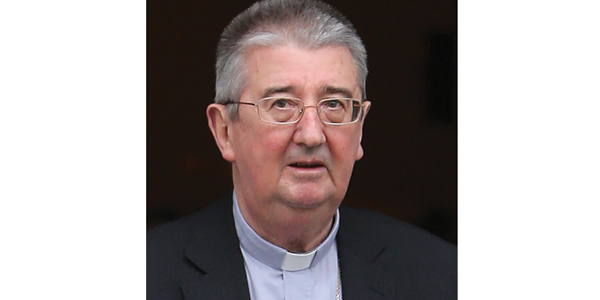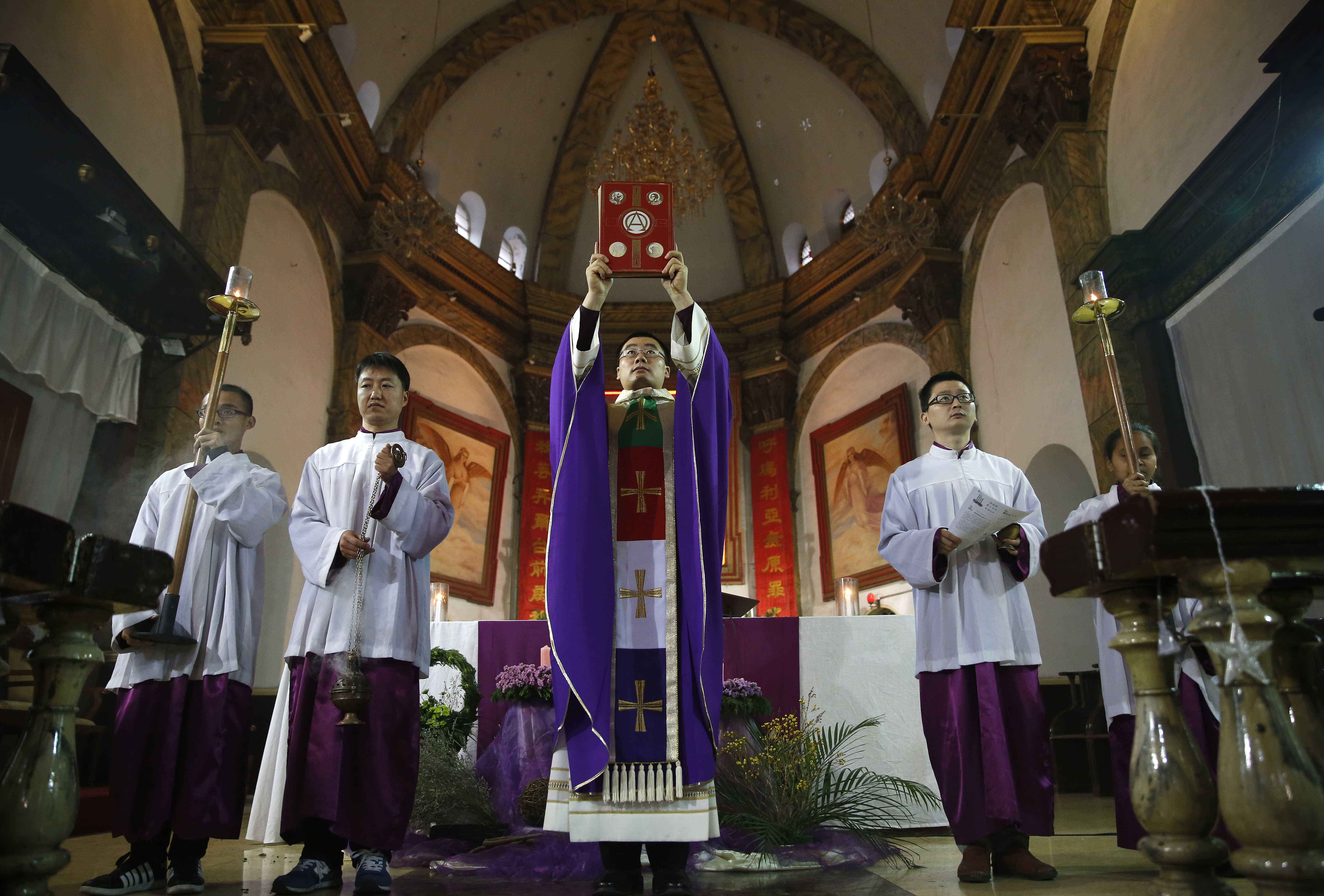The Vatican and a newspaper backed by the Communist Government in Beijing have given different indications regarding the closeness of the much-anticipated deal between the Holy See and China regarding episcopal appointments and subsequent possible diplomatic ties.
The state-owned Global Times today reported that Bishop Guo Jincai, secretary-general of the state-run Chinese bishops’ conference, said a deal could be signed as early as this coming Easter weekend. Negotiations were in the “final stages”, he said, and “if everything goes right, the deal could be signed as early as the end of this month. The timing depends on details of the deal or technical issues.”
The deal hinges on the issue of who has authority and final say over episcopal appointments, and on what happens to a number of illicitly ordained bishops of the state-run “Patriotic Church” recognised only by Beijing. The fate of “underground” bishops who have remained loyal to Rome in the face of often brutal persecution is also in the balance.
The remarks of Bishop Guo Jincai echo those earlier this month of Patriotic Church Bishop Peter Fang Jianping of Tangshan, a member of the 3,000-strong National People’s Congress that gathers to endorse Communist Party decisions. Bishop Fang also spoke enthusiastically of how granting state-appointed bishops full recognition would benefit Sino-Vatican ties.
However, the Vatican’s press spokesman Greg Burke said in a statement today (Thursday) that signing of an agreement was not “imminent”. “I would also like to underline that the Holy Father Francis remains in constant contact with his collaborators on the Chinese issues and accompanies the steps of the ongoing dialogue,” he added.
Wang Meixiu, a research fellow at the Chinese Academy of Social Sciences in Beijing, was also cautious about the imminence of a deal, saying there were still uncertainties to be addressed. “A deal on the general principles of bishop appointment will not come unless the two sides release a written document, or a separate deal about the Vatican's acknowledgement of seven bishops backed by the Chinese Government,” Ms Wang told the Global Times.
Whether or not the Holy See simply acknowledges the bishops by title or empowers them in their diocese "mattered a lot", she added. The seven bishops include some who incurred excommunication after being ordained without Vatican approval.
"Legal and political changes in China also need to be taken into consideration," Ms Wang said. Recent legal and political changes include China's ruling Communist Party stepping up its control last week over all religions by closing its longstanding State Administration for Religious Affairs agency and handing its functions to the party's United Front Work Department (UFWD). The department - once described by Chinese leader Xi Jinping as a “magic weapon” - now has daily oversight and direct control over the state-run organisations of all five official religions, including the Catholic “Patriotic Church”.
New rules on religion in China were also introduced on 2 February. The new rules place heavier oversight on discussion of religious matters on social media, on religious gatherings, the financing of religious groups and the construction of religious buildings. Religious education is brought further under the umbrella of the state, with explicit provisions on the establishment and registration of religious colleges.
In an equally troubling development, President Xi Jinping recently engineered legislation providing for his own indefinite rule over China. President Xi has emphasised the need to guard against “foreign infiltration” through religion, and aggressively promoted what he terms the “sinicisation” of Christianity, which effectively means ensuring that it does not contravene the dictates of the Communist Party.
The Global Times report came after Chinese authorities detained on Monday this week a Vatican-backed bishop who had refused to concelebrate a Chrism Mass with an excommunicated government-backed bishop.
According to AsiaNews, Bishop Vincent Guo Xijin of Mindong was returned home on Tuesday after being detained along with the chancellor of his diocese by government officials.
A Vatican official told Associated Press recently that Bishop Guo, 59, had agreed to a Vatican request to become the auxiliary bishop of Mindong to allow the state-appointed Zhan Silu to become the Vatican-recognised leader of the diocese.
Because of his illicit ordination Zhan is excommunicated. He has requested reconciliation with the Holy See, but so far there has been no public proclamation of the lifting of the excommunication.
According to AsiaNews agency sources “close to Mindong”, Bishop Guo refused to concelebrate with Zhan at today’s Chrism Mass, since Zhan is still excommunicated. He was taken away because the “unofficial” community of Mindong - the majority of the faithful and priests of the diocese, who make up the “underground” Church loyal to Rome - had organised an early Chrism Mass. The police seized Bishop Guo to stop him from presiding over that celebration. Allowing him to return home yesterday, they reportedly banned him from celebrating any Mass as a bishop, on the grounds that he is not recognised by the Communist Government.
Asked about Bishop Guo's arrest, foreign ministry spokesman Lu Kang said on Wednesday he was not aware of the situation, but said China “is always sincere towards improving its relations with Vatican” and willing to meet it “half-way”.
Pic: A priest celebrates Mass in the Cathedral of the Immaculate Conception in Beijing. (CNS photo/How Hwee Young, EPA)



 Loading ...
Loading ...